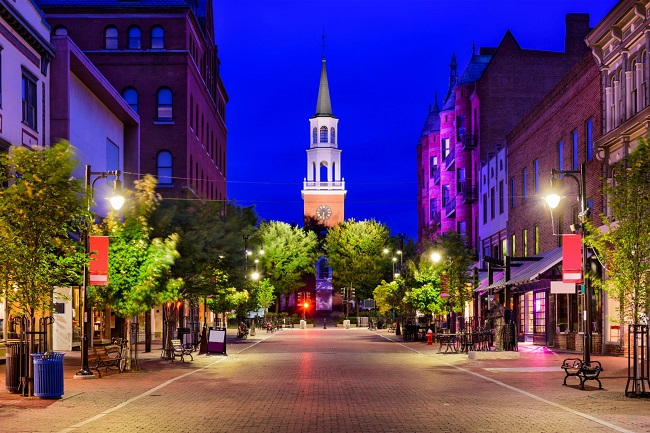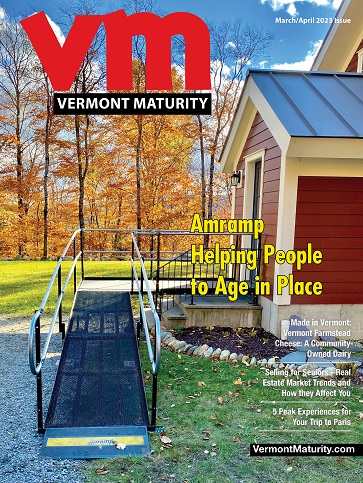
Nestled on the shores of Lake Champlain, the city of Burlington, Vermont, stands as a picturesque testament to the state’s history and heritage. Founded over two centuries ago, Burlington’s origins are intertwined with the pioneering spirit of its early settlers and the remarkable evolution it has undergone since its inception.
Early Settlement and Indigenous Influence
The story of Burlington’s founding begins with the indigenous people who first inhabited the area. Prior to European settlement, the region was home to various Native American tribes, including the Abenaki people. Their deep connection to the land and the lake’s resources left an indelible mark on the city’s culture and identity.
Colonial Exploration and Settlement
The late 18th century saw the arrival of European settlers in the area. Samuel de Champlain, the French explorer, is credited with discovering the region in the early 1600s. However, it was Ira and Ethan Allen, along with other early American settlers, who played a pivotal role in the city’s founding. In 1763, after the end of the French and Indian War, the area became part of the British colony of New York.
The Formation of Burlington
Burlington’s official founding dates to 1763 when the Allen brothers negotiated the purchase of land from the Wentworth family of New Hampshire. The land, situated on the eastern shore of Lake Champlain, was named after the Burling family. The village began to take shape around this time, and by 1785, it was formally recognized as Burlington.
Lake Champlain and Economic Growth
Burlington’s strategic location along Lake Champlain contributed significantly to its early economic growth. The lake facilitated transportation and trade, enabling the town to thrive as a bustling port and commercial hub. Timber, agricultural products, and goods were transported via the lake, leading to the establishment of a vibrant economy.
Incorporation and Urban Development
Incorporated as a city in 1865, Burlington underwent urban development and transformation during the 19th century. The advent of the railroad further connected Burlington to other parts of New England, bolstering its commercial activities and industries.
Educational and Cultural Growth
The 19th century also saw the emergence of educational and cultural institutions that contributed to Burlington’s growth as a center of learning and culture. The University of Vermont, founded in 1791, became a cornerstone of the city’s academic landscape. Additionally, the city’s rich architectural heritage began to take shape, with well-designed buildings and historic districts that still stand as a testament to its past.
Modern Burlington
Burlington’s journey from a fledgling settlement to a vibrant city has been marked by numerous milestones. Its historic downtown, vibrant arts scene, and commitment to environmental sustainability make it a unique destination that celebrates its history while embracing the present.
Conclusion
The story of Burlington’s founding is a tale of resilience, resourcefulness, and adaptation. From its early indigenous roots to its role as a bustling commercial port and educational hub, Burlington’s history is a microcosm of America’s development. As visitors and residents alike explore its streets, waterfront, and cultural sites, they are reminded of the city’s enduring legacy and the indomitable spirit that shaped it.
Related Articles & Free Vermont Maturity Magazine Subscription

Champ: The Mysterious Legend of Lake Champlain’s Monster
The Battle of Hubbardton Vermont: A Crucial Chapter in the Revolutionary War
The Vermont Republic – The Story of When Vermont was an Independent Country





Comment here